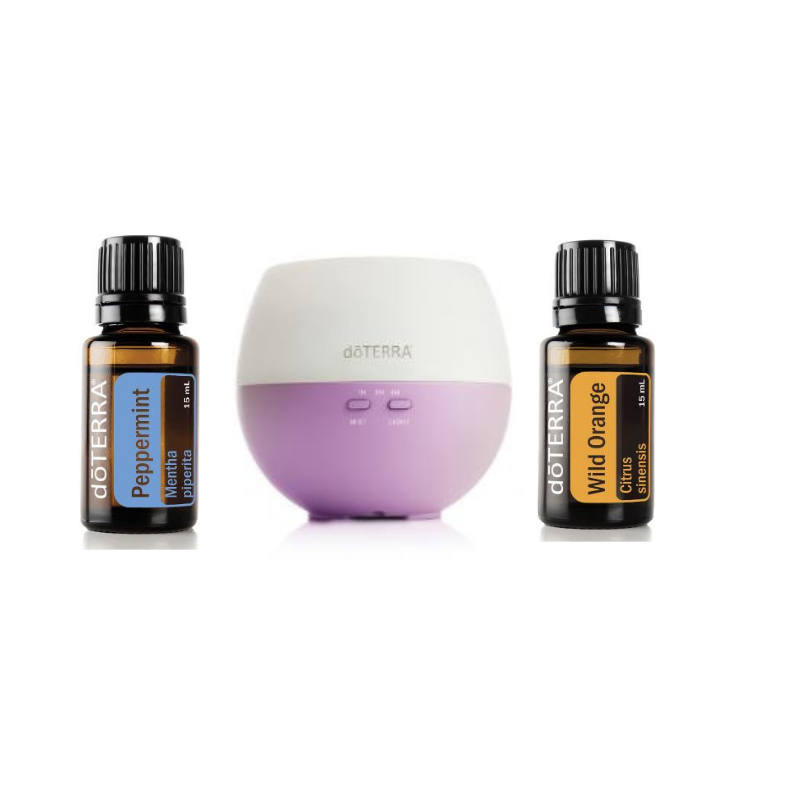
I have never been a fan of air fresheners. After I leave a place where they are used my chest feels heavy and my breathing becomes labored. It takes me a few hours to feel better. I have asked friends not to use them before I go to their homes. I have no underlying breathing issues. My body responds badly to breathing in the chemicals of air fresheners.
Fragrances have been used to mask odors since ancient times. Today, air fresheners are used in offices, cars, department stores, supermarkets and homes. They are advertised to the consumer with the promise of providing a clean, healthy, and nice-smelling indoor atmosphere. Behind those promises, health concerns are lurking.
According to the EPA, our indoor environment is two to five times more toxic than our outdoor environment. Today, Americans are spending about 90 percent of their lives indoors! Our homes can literally be making us sick and making our pets sick too.
In 2018, 250 million Americans used air freshener spray and room deodorizers. Globally the Air Freshener Market was valued at $10 billion in 2016 and is estimated to hit $12 billion by 2023.
Do you know that air fresheners (aerosol sprays, electric plug-ins, candles, and other products), contain phthalates and many other hazardous chemicals such as formaldehyde, naphthalene, solvents, benzenes, synthetic musks, and VOCs, among others. These chemicals are easily inhaled, land on the skin and get absorbed into the body. And sometimes they accidently get ingested. Long term exposure to these chemicals can cause damage to the lungs, liver, kidneys, and central nervous system and can alter the body’s hormones which may increase the risk of some cancers and the risk of reproductive problems. Short-term exposure to these compounds can cause eye and respiratory tract irritation, headaches, dizziness, visual disorders, fatigue, loss of coordination, allergic skin reactions, nausea, and memory impairment.
Air fresheners are not a solution for poor air quality and are not a substitute for good ventilation. Even tiny amounts can have serious health consequences.
Here are several alternatives to air fresheners:
Open your windows and let the fresh air in.
Empty the garbage often.
Diffuse essential oils such as peppermint or wild orange to scent a room. (My personal favorite)
Make potpourri with natural ingredients such as rose petals or lavender.
Use fragrant flowering plants such as jasmine, roses or lilies in your home.
Use cinnamon sticks in water and bring to a boil on the stove.
Use lemon slices in the garbage or garbage disposal.
Thankfully there are other non-toxic options available, you just need to see what works best for you.

_edited.png)

コメント